
Study after study tries to determine how the health of Americans differs by age, location, race, and access to health care, as well as health behaviors and circumstances like smоking, driving, and overeating as well as income, education, and air pollution. The results don’t always line up as there is no single gold standard for the research, but they often come close.
Among the most extensive studies on the subject is the UnitedHealthcare America’s Health Rankings, which offers conclusions nationally and by state. The 2021 report is the 32nd annual analysis in the series. Based on this report, the least healthy state in America is Louisiana. (Find out where Louisiana ranks on this list: this is the state where the most people are getting cancer.)
The researchers of the report considered a vast amount of data, “81 measures from 30 unique data sources to understand the impact that social, economic, environmental and other factors have on health, as well as trends that reflect the nation’s changing health over time,” according to the methodology.
Among the health conditions and outcomes measured were arthritis, asthma, cancer, cardiovascular disease, kidney disease, obstructive pulmonary disease, depression, and diabetes. Other measures included alcohol consumption, sleep patterns, mental health, drug death, and e-сigarette use.
Dr. Georges Benjamin, executive director of the American Public Health Association, commented on the study: “It is my hope that we use this data to build a public health system that can work to protect all Americans and address health inequities.”
One conclusion was among the most obvious. The COVID-19 pandemic has had a major effect on the health and death rates of Americans. The effects of the disease have carried from last year into this year and will continue into 2022 as well. Part of the preventive care measures include flu and other vaccinations. COVID-19 vaccination rates would become an important part as well.
The study also considered health measures by ethnicity and by location at the state level. The state rankings use the same data as the national analysis. Each state received a “value” based on how well or poorly it did in each of the study’s yardsticks, including an overall value score. 24/7 Wall St. reviewed the study to rank states by their health value score.
Massachusetts ranked first with a score of 0.819. Hawaii followed at 0.801, then Connecticut (0.663), and Idaho (0.639). Many of the states at the top of the list are located in the Northeast. (Find out where states rank in states with the highest smоking rates.)
The state with the worst score was Louisiana at −1.063. It was followed by Alabama (−0.857) and West Virginia (−0.834). Most of the states with the worst scores are in the South. (This is the least healthy city in every state.)
Click here to see the least healthy state in America

1. Massachusetts
> Score: 0.819
[in-text-ad]

2. Hawaii
> Score: 0.801

3. Connecticut
> Score: 0.663

4. Idaho
> Score: 0.639
[in-text-ad-2]

5. Vermont
> Score: 0.600

6. New Jersey
> Score: 0.538
[in-text-ad]

7. New Hampshire
> Score: 0.523

8. Utah
> Score: 0.486

9. New York
> Score: 0.479
[in-text-ad-2]

10. Maryland
> Score: 0.477

11. Rhode Island
> Score: 0.394
[in-text-ad]

12. Washington
> Score: 0.391

13. California
> Score: 0.365

14. Minnesota
> Score: 0.345
[in-text-ad-2]

15. Colorado
> Score: 0.337

16. Virginia
> Score: 0.322
[in-text-ad]
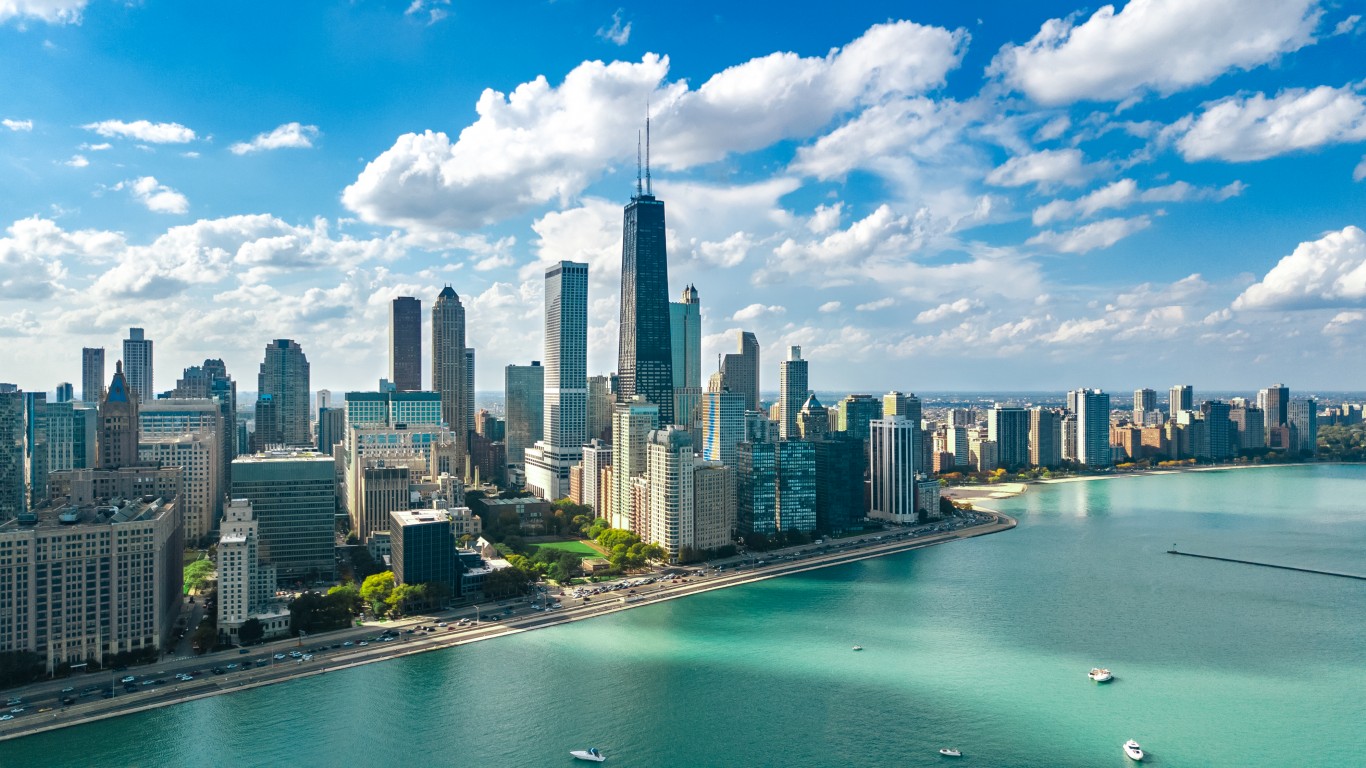
17. Illinois
> Score: 0.303

18. Maine
> Score: 0.294
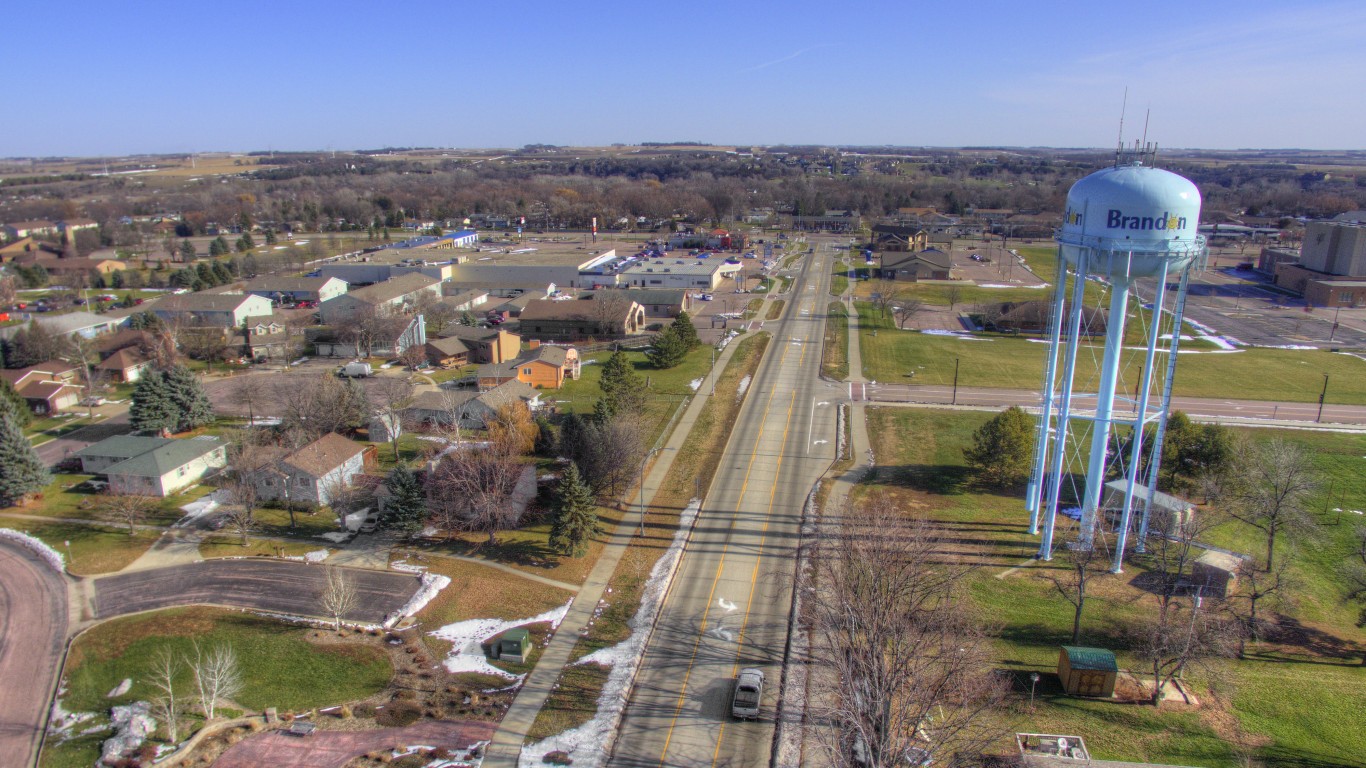
19. South Dakota
> Score: 0.266
[in-text-ad-2]

20. Oregon
> Score: 0.264

21. Florida
> Score: 0.170
[in-text-ad]

22. Texas
> Score: 0.119

23. North Dakota
> Score: 0.108

24. Nebraska
> Score: 0.098
[in-text-ad-2]

25. Wyoming
> Score: 0.094

26. Arizona
> Score: 0.062
[in-text-ad]

27. Alaska
> Score: 0.059

28. Montana
> Score: 0.020

29. Iowa
> Score: -0.006
[in-text-ad-2]

30. Delaware
> Score: -0.069
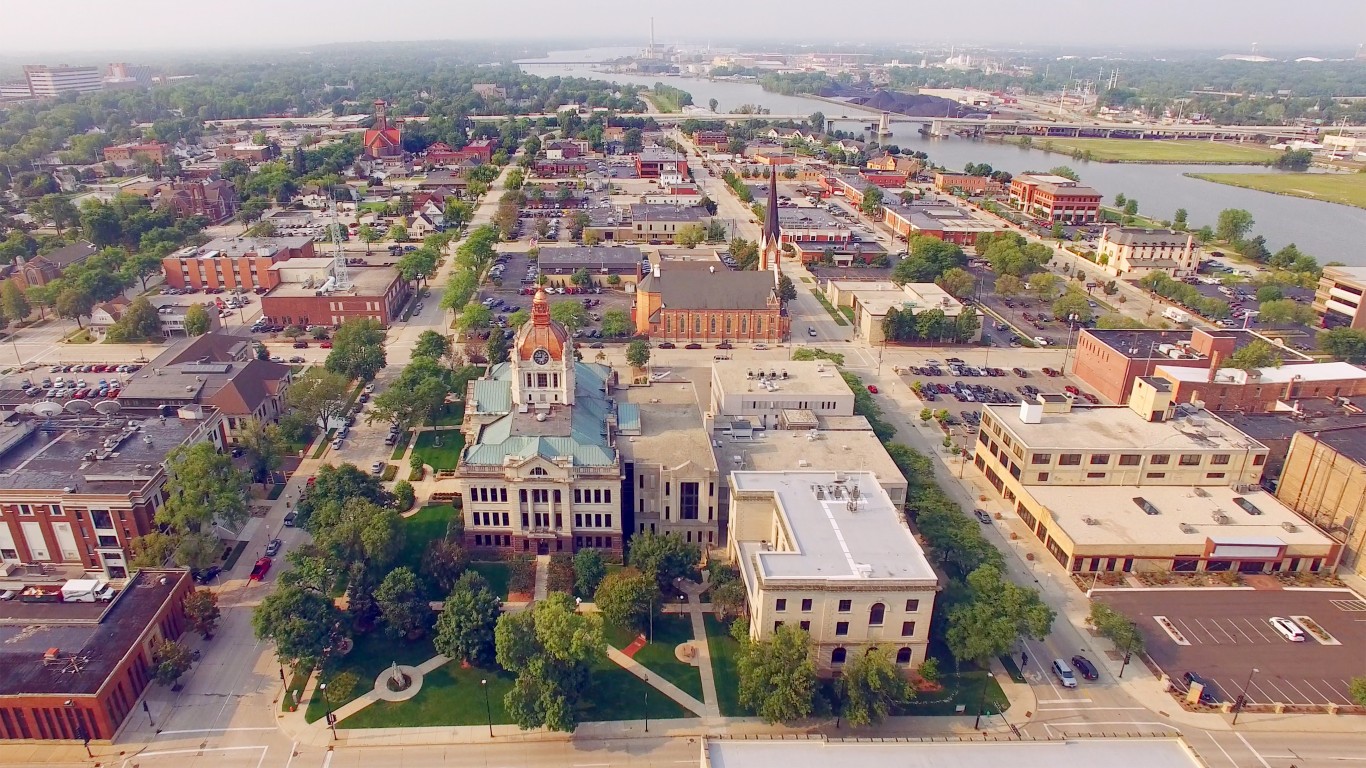
31. Wisconsin
> Score: -0.098
[in-text-ad]

32. North Carolina
> Score: -0.116

33. Kansas
> Score: -0.142

34. Pennsylvania
> Score: -0.185
[in-text-ad-2]

35. Indiana
> Score: -0.261

36. Georgia
> Score: -0.266
[in-text-ad]

37. New Mexico
> Score: -0.318

38. Ohio
> Score: -0.351

39. Nevada
> Score: -0.411
[in-text-ad-2]

40. Michigan
> Score: -0.470

41. Tennessee
> Score: -0.577
[in-text-ad]

42. Missouri
> Score: -0.581

43. Mississippi
> Score: -0.622

44. Oklahoma
> Score: -0.639
[in-text-ad-2]
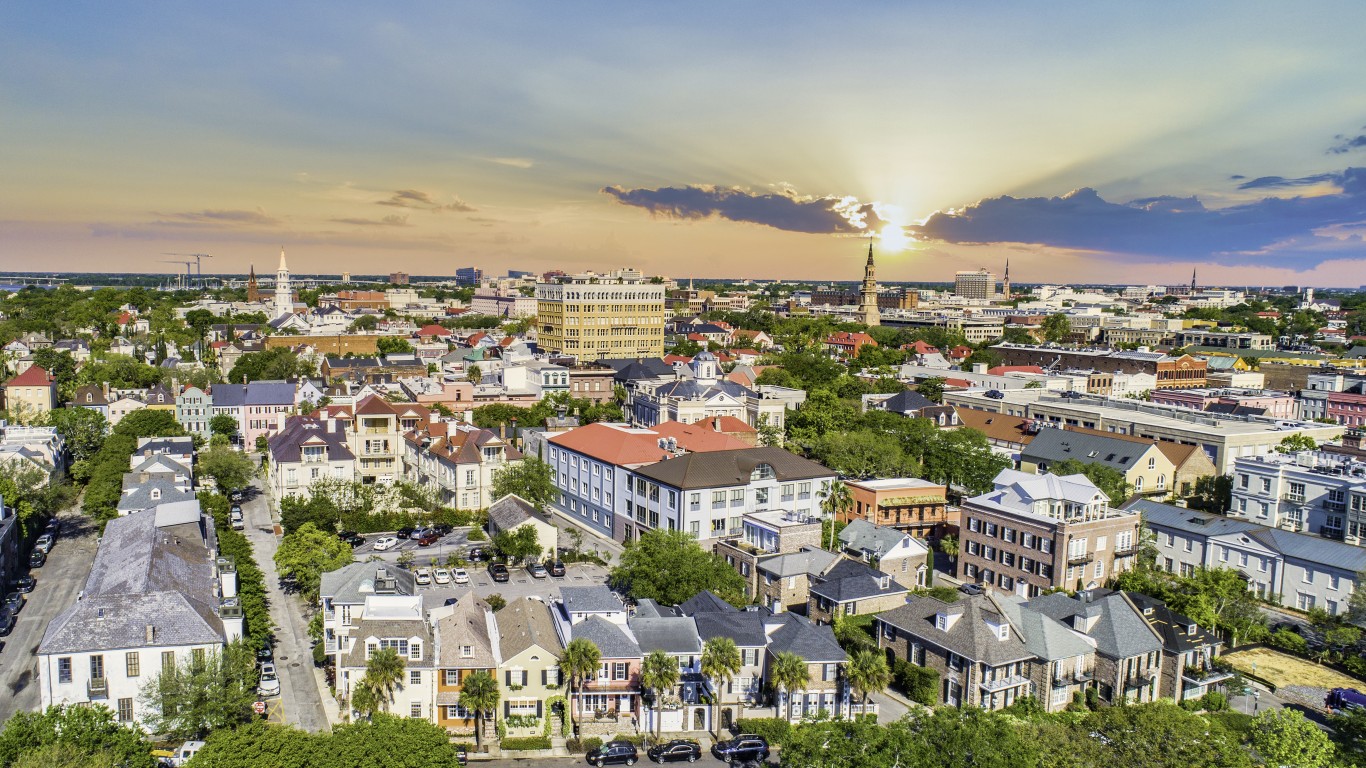
45. South Carolina
> Score: -0.673

46. Arkansas
> Score: -0.798
[in-text-ad]

47. Kentucky
> Score: -0.813

48. West Virginia
> Score: -0.834

49. Alabama
> Score: -0.857
[in-text-ad-2]

50. Louisiana
> Score: -1.063
100 Million Americans Are Missing This Crucial Retirement Tool
The thought of burdening your family with a financial disaster is most Americans’ nightmare. However, recent studies show that over 100 million Americans still don’t have proper life insurance in the event they pass away.
Life insurance can bring peace of mind – ensuring your loved ones are safeguarded against unforeseen expenses and debts. With premiums often lower than expected and a variety of plans tailored to different life stages and health conditions, securing a policy is more accessible than ever.
A quick, no-obligation quote can provide valuable insight into what’s available and what might best suit your family’s needs. Life insurance is a simple step you can take today to help secure peace of mind for your loved ones tomorrow.
Click here to learn how to get a quote in just a few minutes.
Thank you for reading! Have some feedback for us?
Contact the 24/7 Wall St. editorial team.
 24/7 Wall St.
24/7 Wall St. 24/7 Wall St.
24/7 Wall St.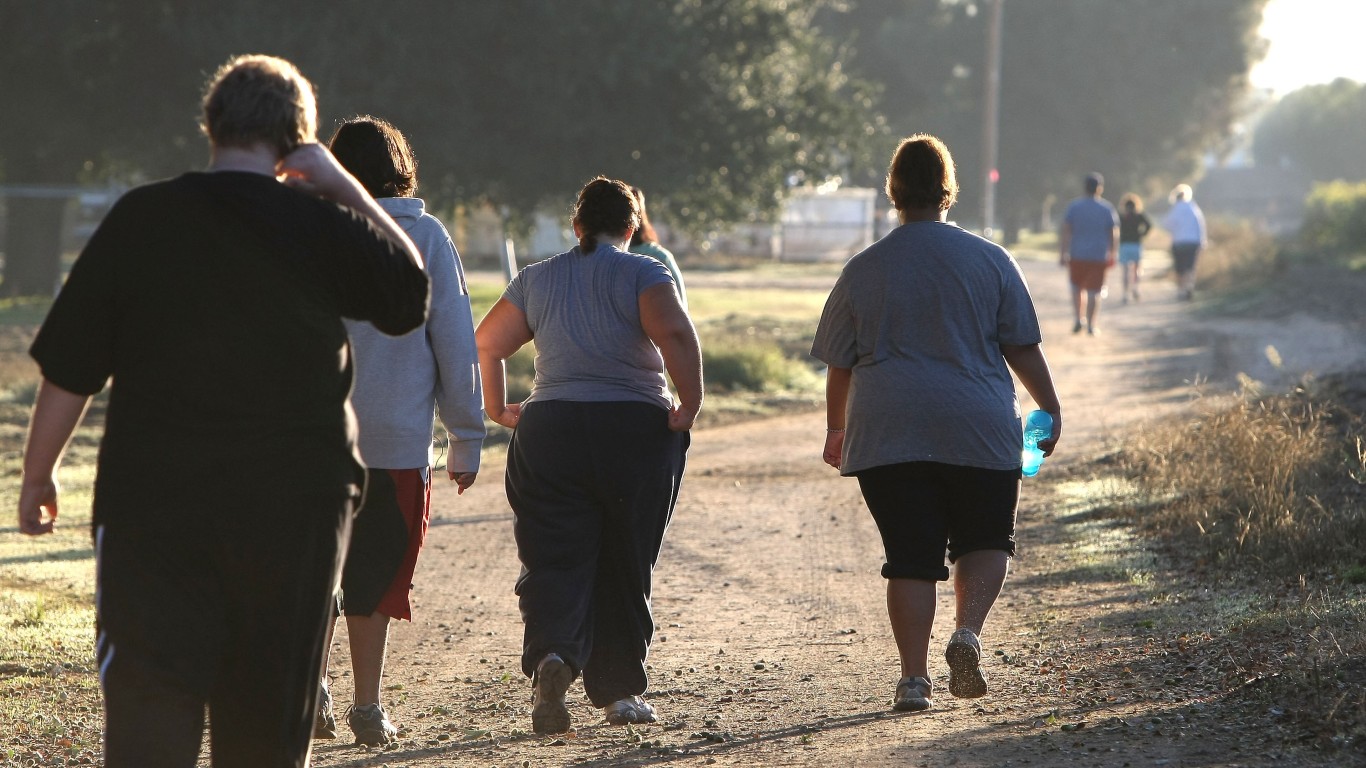 24/7 Wall St.
24/7 Wall St.